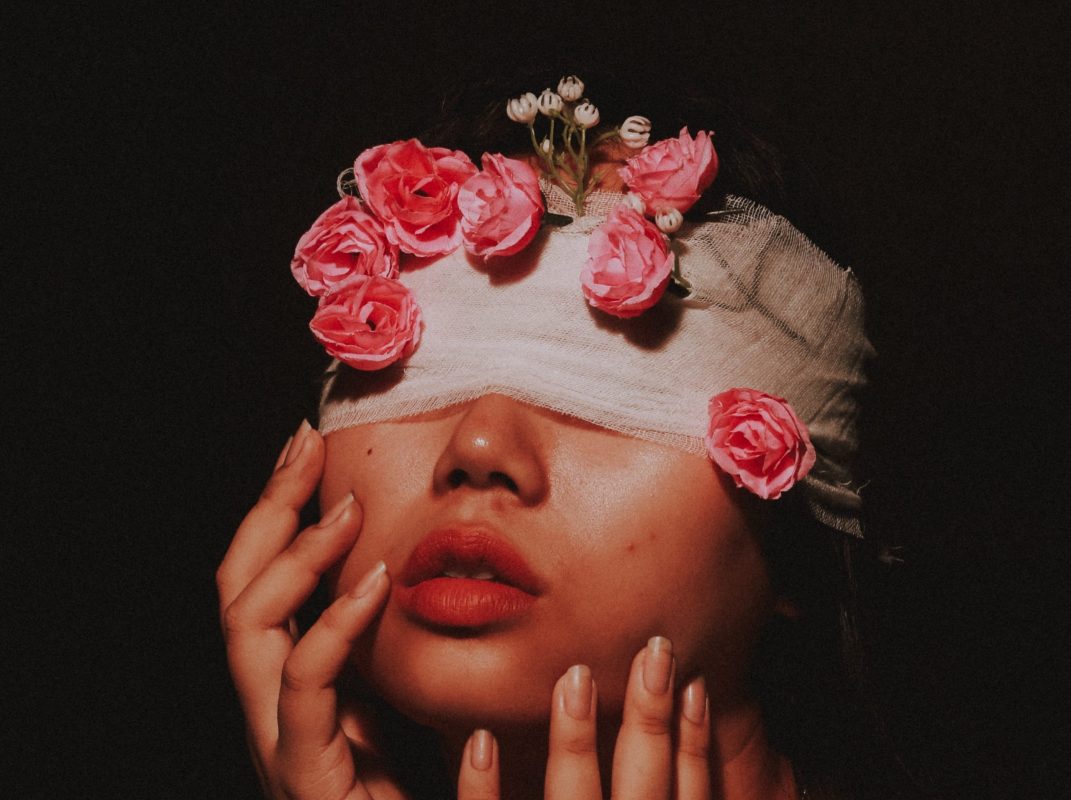Growing up as a Javanese daughter, there was one word that was drilled deep into my head by my mother: malu, which means “shame.” I had a huge list of things that I shouldn’t do or say because they could bring shame to my parents. I still hear the word often even today, in my mother’s voice, at the back of my head. Safe to say, I learned the concept of taboo pretty early in life.
I was a good kid, but as a grown-up, I am shameless. Writing shamelessly liberates me, and I hope it might help liberating my readers too.
My novella, Birth Canal, opens with an abortion. Indonesia is a Muslim majority country, and while polygamy is legal, abortion is not. For me, there is an urgency to write about abortion not as an exceptional phenomenon, but as a daily occurrence. Just because nobody talks about it, doesn’t mean it isn’t happening. The abortion is described in minute details; the procedure, the pain, and the dangers of doing it in secrecy. In writing the book, I didn’t hold back. Female bodies, sexuality, infertility, marriage, motherhood, even suicide—these are the issues that we women have to deal in life. “Shame” is a word that very often haunts women, more than it does men.
Below are 7 Indonesian novels and short story collections that have shined a light on topics that society has deemed taboo:
Happy Stories, Mostly by Norman Erikson Pasaribu, translated by Tiffany Tsao
A 2022 longlister for the International Booker Prize, the stories of Happy Stories, Mostly center on queer Indonesian characters. Norman Erikson Pasaribu uses science fiction and absurdism to reveal the destructiveness of heteronormativity and the pain caused by trying to conform to these societal norms. The short story collection explores contemporary Indonesian life to ask what does it mean to be mostly, almost, happy?
Saman by Ayu Utami, translated by Pamela Allen
Published in 1998 as the first of a two-book series, Ayu Utami’s award-winning novel tells the story of four close-knit girlfriends, Shakun Tala, Yasmin, Leila, and Cok as they grapple with their womanhood and sexuality amidst the political upheaval of the New Order. Shakun Tala, a free-spirited dancer, shuns traditional norms assigned to women; Yasmin lives together with her boyfriend before marriage; Laila is in love with a married man; and Cok is deemed a “naughty girl” by society for losing her virginity as a teenager as well as for having many lovers. This novel became a pioneer in its genre, it was one of the first Indonesian works of fiction that openly talked about female sexuality from the point of view of women—highly taboo for its time.
Apple and Knife by Intan Paramaditha, translated by Stephen J. Epstein
Apple and Knife is a collection of stories in which the female characters refuse to bend topatriarchy. Intan Paramaditha weaves in elements of body horror, gore, urban legends, fairy tales, and folklore into this feminist concoction, and her women can be anything from a menstruation-blood-drinking hag, a witch, a vengeful to a murderous ghost. In a country like Indonesia where women are taught to behave, these femme fatales are certainly shameless and proud of it.
The Girl from the Coast by Pramoedya Ananta Toer, translated by Willem Samuels
The Girl is fourteen and she has to get married. Pramoedya Ananta Toer wrote this novel as a fictionalization of his own grandmother’s life, and as a criticism of the Javanese social class system. The Girl—as she is called in the novel—is being sold to a man from the “priyayi”, or Javanese nobility, background. Because of her low socioeconomic background, she has no say to this arrangement. Banned in the ‘80s for its alleged “Marxist” ideas, the book remains timely even today on the issue of child marriage that is still happening everywhere in Indonesia but seldom talked about.
Beauty Is a Wound by Eka Kurniawan, translated by Annie Tucker
Beauty Is a Wound is a family saga spanning multiple generations, told with a dose of dark humor to ease you the readers in to Indonesia’s long bloody history. Written in the fashion of magical realism à la Gabriel Garcia Marquez, the book opens with Dewi Ayu and goes back in time to her family tree, through Dutch colonialism and Suharto’s regime, to figure out how she became undead. From incest, murder, prostitution, to Communism (a lot of Communist ghosts!), International Booker Prize longlister Eka Kurniawan presents all things taboo.
The Sea Speaks His Name by Leila Chudori, translated by John H. McGlynn
Suharto was Indonesia’s president in the ‘60s to the ‘90s. His dictatorship, the New Order, was responsible for many disappearances during his 30 plus years that he reigned in terror. Published in 2017, The Sea Speaks His Name is inspired by these events and based on a true story. In the novel, the main character Biru Laut (literally “sea blue”) and his student activist friends are captured by the government, tormented, and finally made to disappear forever, while their families are left behind searching for them and trying to make sense of what has happened. Just 25 years ago, Indonesian writers who dared to write about this would likely have “disappeared” as well.
The Question of Red by Laksmi Pamuntjak, translated by the author
The Question of Red is about another disappearance, caused by the same brutal regime. Amba goes to the Buru Island in the Moluccas to find out about the fate of her missing lover who is also the father of their illegitimate daughter. Bhisma is a doctor who graduated from an Eastern German university, he was captured and exiled because of his involvement with the Communist Party of Indonesia. Pamuntjak skillfully combines the epic Mahabharata with the love story of Amba and Bhisma to illuminate the bleak reality of Suharto’s war on Communism and the aftermath of his legacy to this day.
